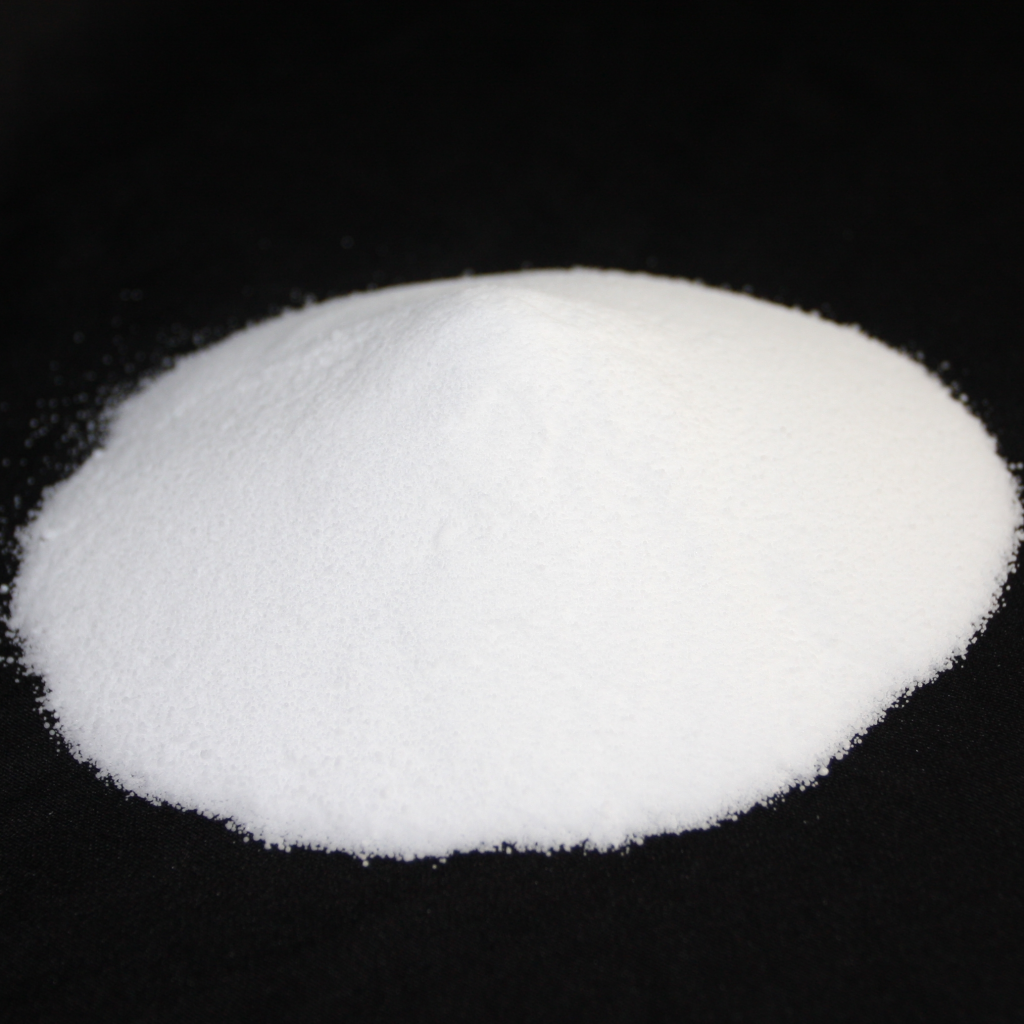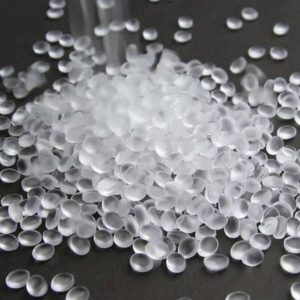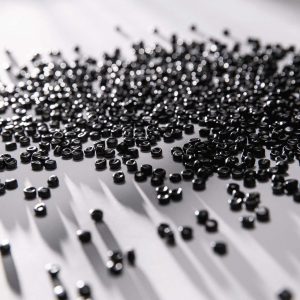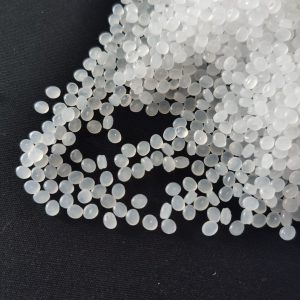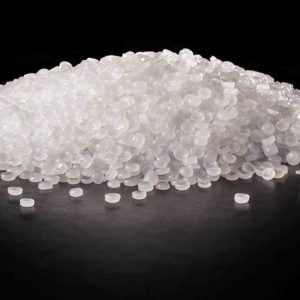Polyethylene Wax (PE wax) is a type of synthetic wax derived from polyethylene, which is a widely used thermoplastic polymer. PE wax is produced through the polymerization of ethylene molecules under specific conditions. It is commonly used as a processing aid, lubricant, and additive in various industries.
The main key values of Polyethylene Wax (PE wax) are:
Lubrication: PE wax provides excellent lubrication properties, reducing friction and improving the flow characteristics of materials during processing.
Processing Aid: It serves as a processing aid in the production of various materials, enhancing processing efficiency, mold release, and surface finish.
Compatibility: PE wax is compatible with a wide range of polymers, additives, and processing conditions, making it versatile and easy to incorporate into formulations.
Enhanced Properties: When used as an additive, PE wax can enhance the properties of materials by improving their hardness, scratch resistance, gloss, and surface smoothness.
Water Repellency: PE wax provides water repellency and moisture resistance to materials, making it suitable for applications requiring protection against moisture and humidity.
Chemical Inertness: PE wax is chemically inert and resistant to most chemicals, ensuring stability and compatibility with various formulations and applications.
Thermal Stability: PE wax exhibits good thermal stability, maintaining its properties at elevated temperatures encountered during processing.
Cost-Effectiveness: PE wax is a cost-effective additive compared to other processing aids, providing value through improved processing efficiency and enhanced material properties.
Overall, PE wax offers a range of benefits that contribute to improved processing, performance, and durability of materials across various industries.
Properties:
Density: Typically ranges from 0.92 to 0.95 g/cm³, depending on the specific grade and manufacturing process.
Melting temperature: Generally between 100°C and 110°C, although it can vary depending on the molecular weight and processing conditions.
Softening temperature: Approximately 80°C to 90°C, where it becomes pliable and can be molded or formed.
Decomposition temperature: Typically between 300°C and 350°C, indicating its high thermal stability.
Elastic modulus: Generally between 0.1 GPa and 0.3 GPa, representing its low stiffness and flexibility.
Tensile strength: Typically between 5 MPa and 15 MPa, although this can vary depending on the specific grade and application.
Thermal conductivity: Low thermal conductivity ranging from 0.1 to 0.2 W/(m·K), making it suitable for thermal insulation applications.




